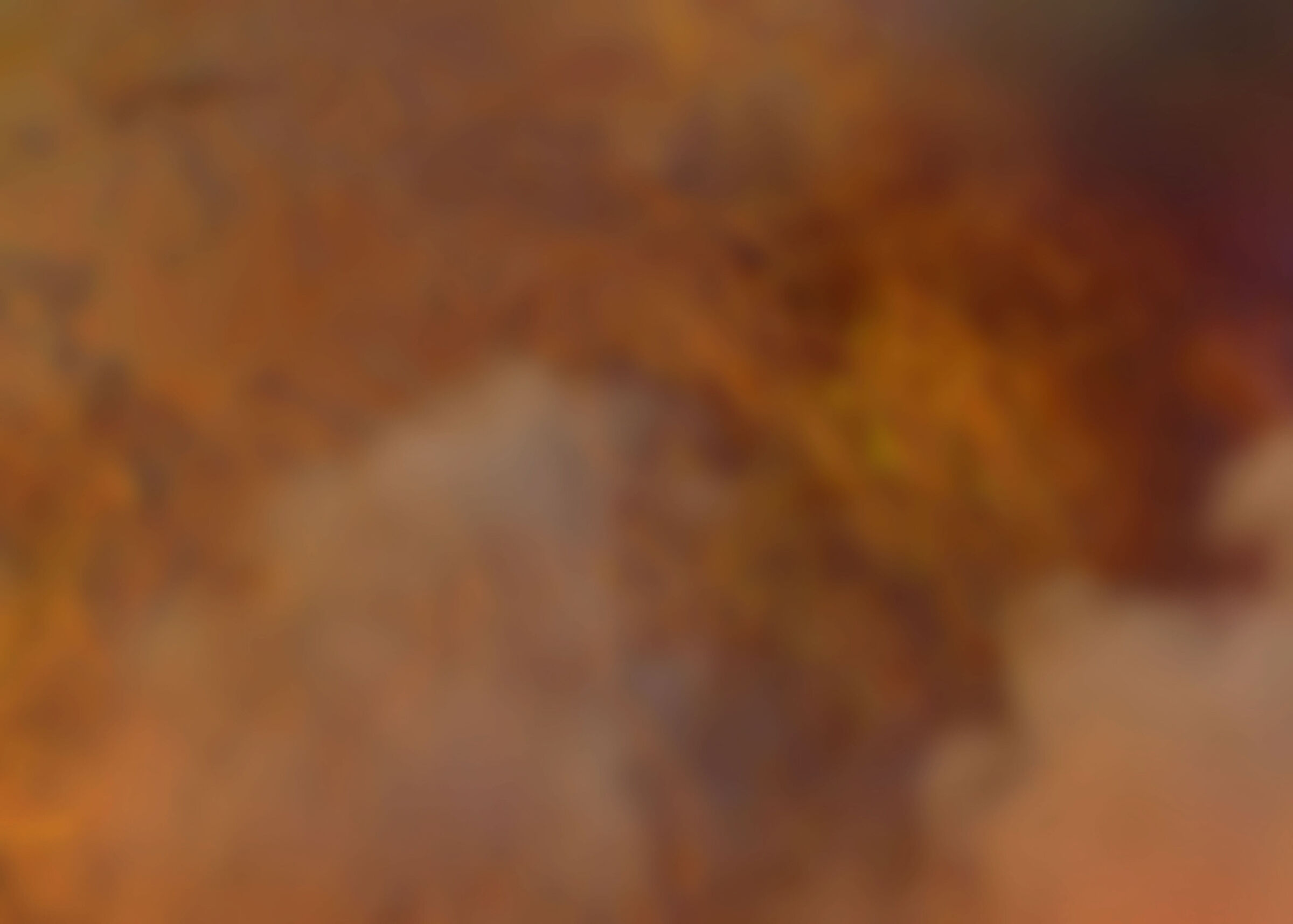094
Sheila Jasanoff
Ethics of Invention
This episode is a conversation with Sheila Jasanoff about her book ‘The Ethics of Invention’ as well as her research as the Director of the STS (Science and Technology Studies) at Harvard.

Sheila Jasanoff, Photo by Marta Stewart
Architects share as much in common with science fiction authors as we do with the engineers whose tools we so often emulate. Making a Venn diagram of the disciplines that overlap with architecture shows just how much of what we do comes down to being able to synthesize the diversity of knowledge on our periphery. While some look to carve out an even smaller circle at the center of that Venn diagram free from any overlap, as proof of some disciplinary autonomy, others would see architecture as only strengthened by additional overlap.
I mention the science fiction author because beyond the materials and engineering of form, architects of course address pressures in the humanities, integrating them into the creation of spaces that communities of people inhabit.
After all, architects for the most part cannot take credit for the invention of the materials we specify in our work or even the tools used in our representations. But the architect has been integral in creating novel forms and spaces from each new availability in material, fabrication technique, and ongoing political and philosophical shift. In science fiction literature or cinema, exciting designs and broader social ramifications often go hand in hand,intertwined in the work. Yet architecture still persists in separating such exercises to produce either critically vapid extravagance or ‘do- good’ banality.
Like it or not, the architectural Venn diagram is only getting more populated with outside pressures, from new forms of communication, environmental politics, and healthcare advancements, to corporate surveillance and beyond. Each subset of specialization requires even further expertise in education and training. One path forward for the architect is to retreat into one of these peripheral disciplines as amateurs of A.I technologies or climate mediation. The other option shares more in common with the science fiction author that embraces the role of the generalist, a long-standing characteristic of the architecture that offers more value than declaring specificity.
It is within the cracks and spaces between all of these overlaps that opportunities occur. It is within these ‘disciplinary air bubbles’ appearing in and around the overlaps because these peripheral disciplines are siloed in their own technological problem solving or monetary ambitions. Whether you are an architect in pursuit of innovation or highlighting ongoing social inequalities, it is only by playing with the full deck of cards that we better see the play at hand. It’s at this point that architecture can best serve to re-inform the play and cards being dealt.
I would argue that it is the architect above all who is most uniquely qualified to integrate and foreshadow the opportunities and shortcomings ahead. Disciplines on our periphery have little interest or ability to fully synthesize the ramifications of their actions, leaving it to the design generalists to engage the complexity of technology, environment, politics, and space that in turn shapes all of our futures.
Thanks to Richard Devine for Sample permissions.
Sheila Jasanoff
Sheila Jasanoff is Pforzheimer Professor of Science and Technology Studies at the Harvard Kennedy School. Her work explores the role of science and technology in the law, politics, and policy of modern democracies. A pioneer in her field, she has authored more than 120 articles and chapters and is author or editor of more than 15 books, including The Fifth Branch, Science at the Bar, Designs on Nature, and The Ethics of Invention. She founded and directs the STS (Science and Technologies Studies) Program at Harvard; previously, she was founding chair of the STS Department at Cornell. She holds AB, JD, and PhD degrees from Harvard, and an honorary doctorate from the University of Twente.
